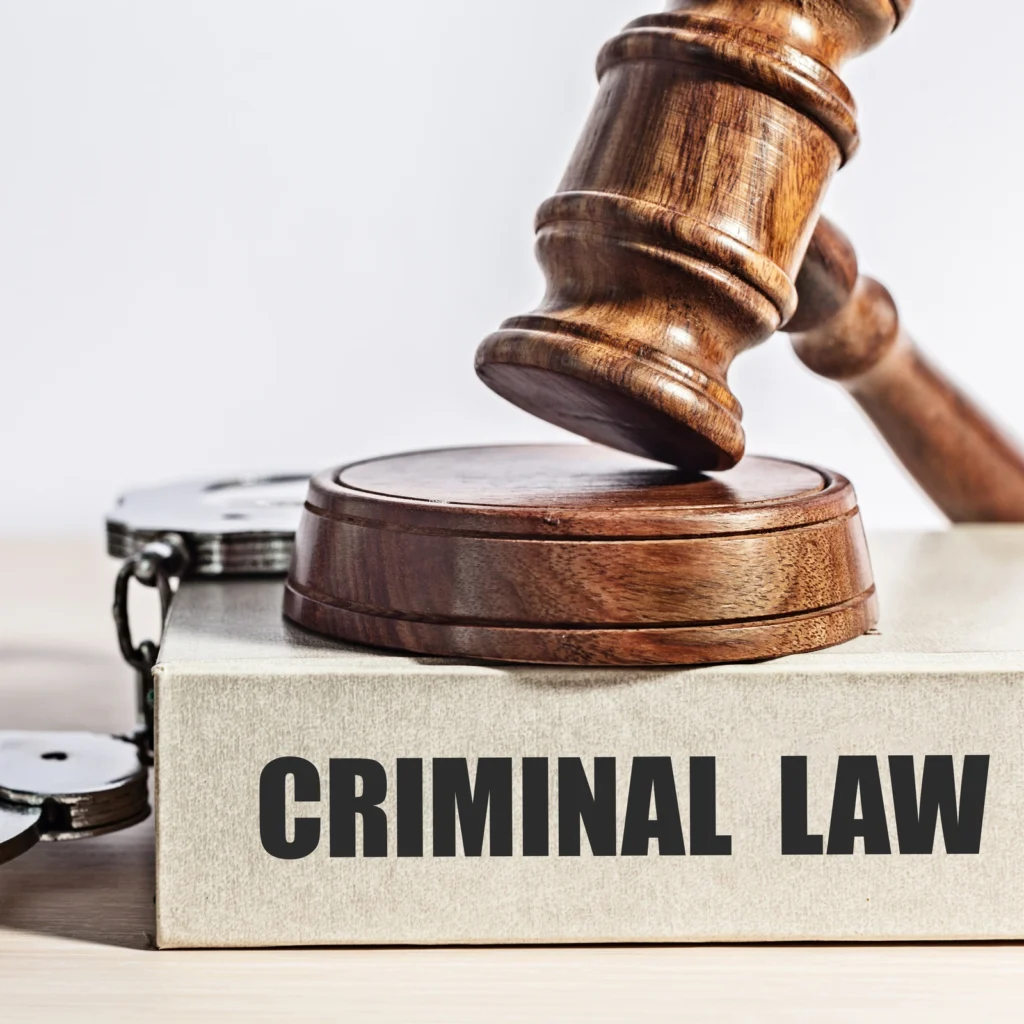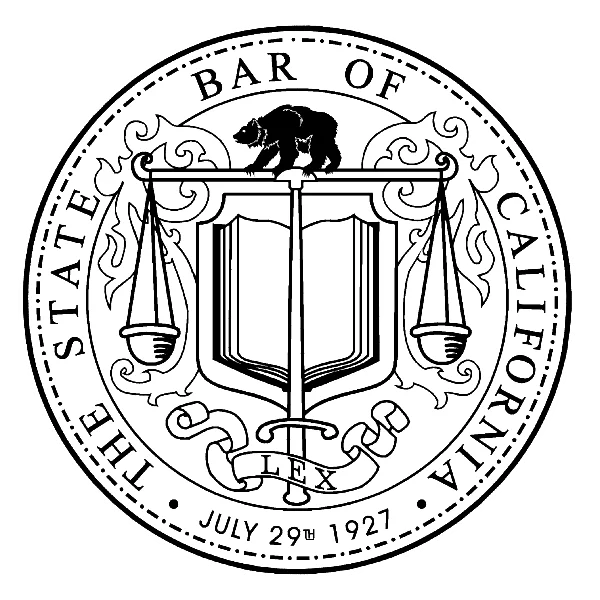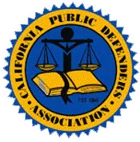Suppression motions can be important in defending the rights of individuals accused of crimes. So what is a suppression motion and how they can affect the outcome of a criminal case?
What is a Suppression Motion?
A motion to suppress evidence, is a legal request made by the defense in a criminal case to exclude certain evidence from being used at trial. A suppression motion is used to seek to prevent the admissibility of evidence that was obtained unlawfully or in violation of the defendant’s constitutional rights, such as the Fourth Amendment protection against unreasonable searches and seizures.
Suppression motions can be filed on various grounds, however, perhaps most commonly to challenge an
unlawful search and seizure: If evidence was obtained through an unlawful search or seizure by law enforcement officers, it may be subject to suppression.
Procedure for Filing a Suppression Motion
The procedure for filing a suppression motion may vary depending on the jurisdiction and the rules of the court. Usually, the defense will file a written motion outlining the grounds for suppression and make legal arguments in support. The prosecution will then have an opportunity to respond to the motion, and a hearing will be scheduled to present evidence and arguments from both sides.
A suppression motion can significantly affect a case.
Impact on the Case
If a suppression motion is granted by the court, the excluded evidence cannot be used at trial. This can weaken the prosecution’s case and possibly lead to dismissal of charges or a favorable plea bargain. However, if the suppression motion is denied, the evidence in question may be admissible at trial, potentially helping the prosecution’s case.
Suppression motions are used to protect the defendant’s rights. Understanding the grounds for filing a suppression motion, the procedure involved, and the potential impact on the case is important for attorneys to effectively protect their clients’ rights and pursue favorable outcomes in criminal proceedings.
If you are facing criminal charges in Shasta, Trinity or Tehama Counties, give us a call at 530-241-2734.
Mark Cibula is a third-generation local attorney in Redding, California, a former Mayor and Chairman of the Shasta County Board of Supervisors. He has over 29 years of experience as a criminal defense attorney and earned numerous awards. He has a B.A. from the University of California at Berkeley, an M.A. from the University of Southern California, and a J.D. from the McGeorge School of Law. His telephone number is 530-241-2734
“Attorney advertising and does not constitute legal advice”.








